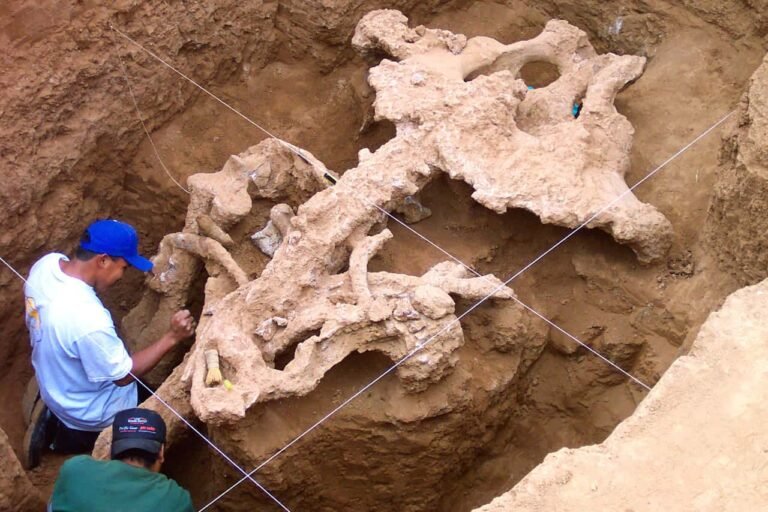Unexpected item in bagging area – why we need to retain our wisdom in the world of algorithms, automation and artificial intelligence
As technology continues apace, more and more of what used to be done by humans has become the domain of the machine. From the automated supermarket checkout through to smart contracts and on-line banking, technology has helped us to transact more quickly and more easily…or has it?
Unfortunately, for many, automation has provided more frustration and unwanted consequences than long lasting solutions. The delightful ‘unexpected item in bagging area’ message of the self-service supermarket checkout and the rise of online fraud are just some of the unresolved issues that have arisen out of transacting through new technology.
Speed at all costs?
By focussing on ‘speed’ and ‘cost’ of transacting, it isn’t surprising that such problems have arisen. One only has to look at Aesop’s fable of the tortoise and the hare to establish that focussing on speed isn’t always that productive in the long run. Similarly, our own human potential has its own natural path and if pushed too hard or too quickly in the wrong direction, that can set us back hundreds or even thousands of years. World history over the centuries shows us the stark reality of that.
As we focus more and more on the speed and cost of business however, something of critical importance is in grave danger of getting left behind. Wisdom. Our ability to think and act in a way that allows us to conduct our work and business with an outcome that is both productive and of benefit to everyone concerned.
The shortcomings of technology
Ultimately, computers and artificial intelligence are only as good as the people who create them and are therefore, prone to human error and shortcomings. Moreover, where wisdom isn’t applied to the creation of new technology, the end result may be something that is neither useful nor beneficial to all concerned in the long run. The self-service checkout is a living example of that and its not unusual to see people walk out of shops and go elsewhere in frustration when they don’t work properly.
Wisdom allows us to plan, to listen and to communicate well. It provides us with the self-awareness to be able to analyse and solve problems effectively, whilst having regard and respect for human feelings. And it gives us the tools to act appropriately in any one given environment. Is it therefore wise to allow so much of ‘human thinking’ to be moved over into the domain of the machine?
When wisdom is sidelined
Just as with the automated checkout and online fraud, the lack of wisdom in over-relying on machines starts to surface when a machine doesn’t produce expected results and/or provides unwanted consequences. And when machines don’t act as we expect or desire, it can become human nature for frustrations to creep in, to lose faith in the machine and for some to react in a less than courteous way, losing all manners. And the bottom line is that ultimately affects real life human relationships and the ability to do business, rather than the machines.
The impact of over-reliance on machines
Whilst we may just ’accept’ the shortcomings of machines in the short term, in the long run, these shortcomings need to be addressed in order for business to be transacted in an orderly and amicable way for all parties.
It then falls back into the human domain to find new solutions for these shortcomings. But in the world of ‘artificial intelligence’ the flaws of machines are the result of human thinking and programming in the first place. However, where the programmers can’t overcome these flaws themselves, the danger is that the rest of the population who’s own thinking has been substituted by a machine’s thinking over a length of time, are no longer able to think for themselves in a way that enables them to go right back to basics, to assess the root of underlying problems and to move forward in a practical and constructive way. The wisdom of focusing on speed and cost of transacting suddenly becomes questionable.
A more balanced approach
Of course, that’s not to say that new technologies can’t be useful. But in rolling them out, we need to apply more wisdom in the creation and application of them. Moreover, in using new technologies, we need to be careful that we don’t lose our wisdom, nor our ability to develop it. Wisdom that is essential to identify basic problems, that appreciates the importance of proper coherent planning and that retains human courtesy, manners and trust as central in forging and developing the foundations on which strong human and business relationships are built.
Retaining our wisdom will be a challenge, particularly if we become ever more plugged into our machines at work and our smartphones and other devices away from work. Having the ability and self-awareness to ‘unplug’ entirely from the system has never been of more importance than now and it is the only way in which we can come back fully into our own self-awareness, to really practice our own independent thinking and exercise our creative muscle and to apply our knowledge, intelligence and understanding in a way that is truly wise and which assists humanity and growth in a positive and beneficial way for all on our very precious planet.








